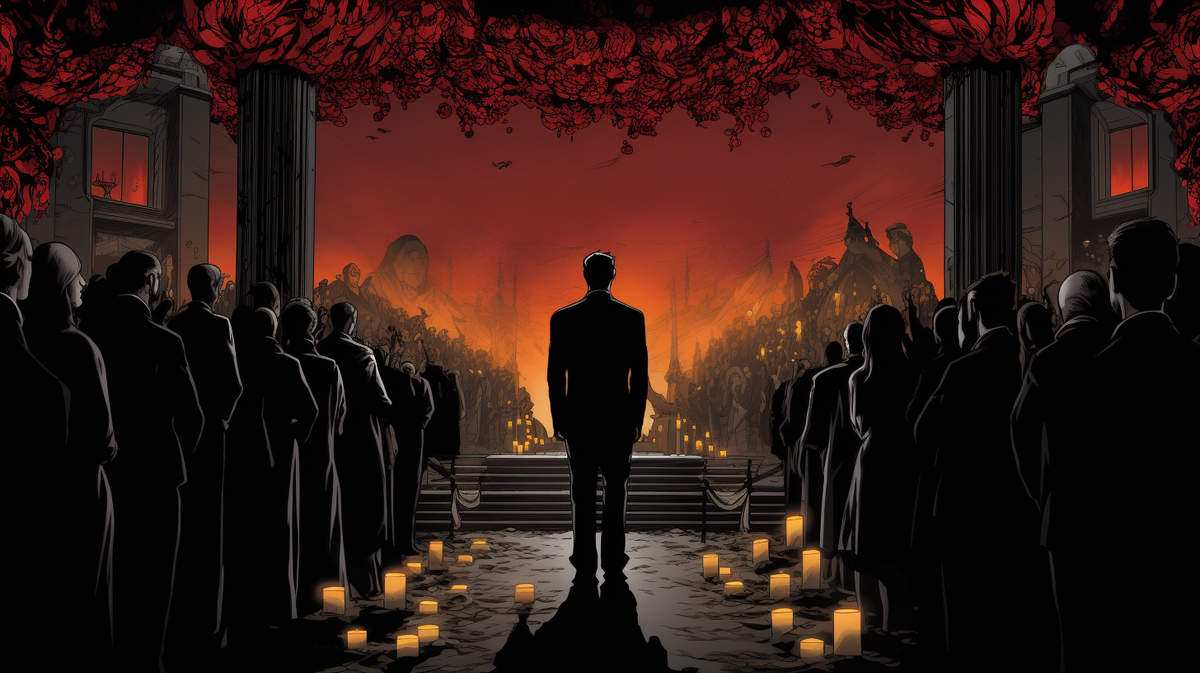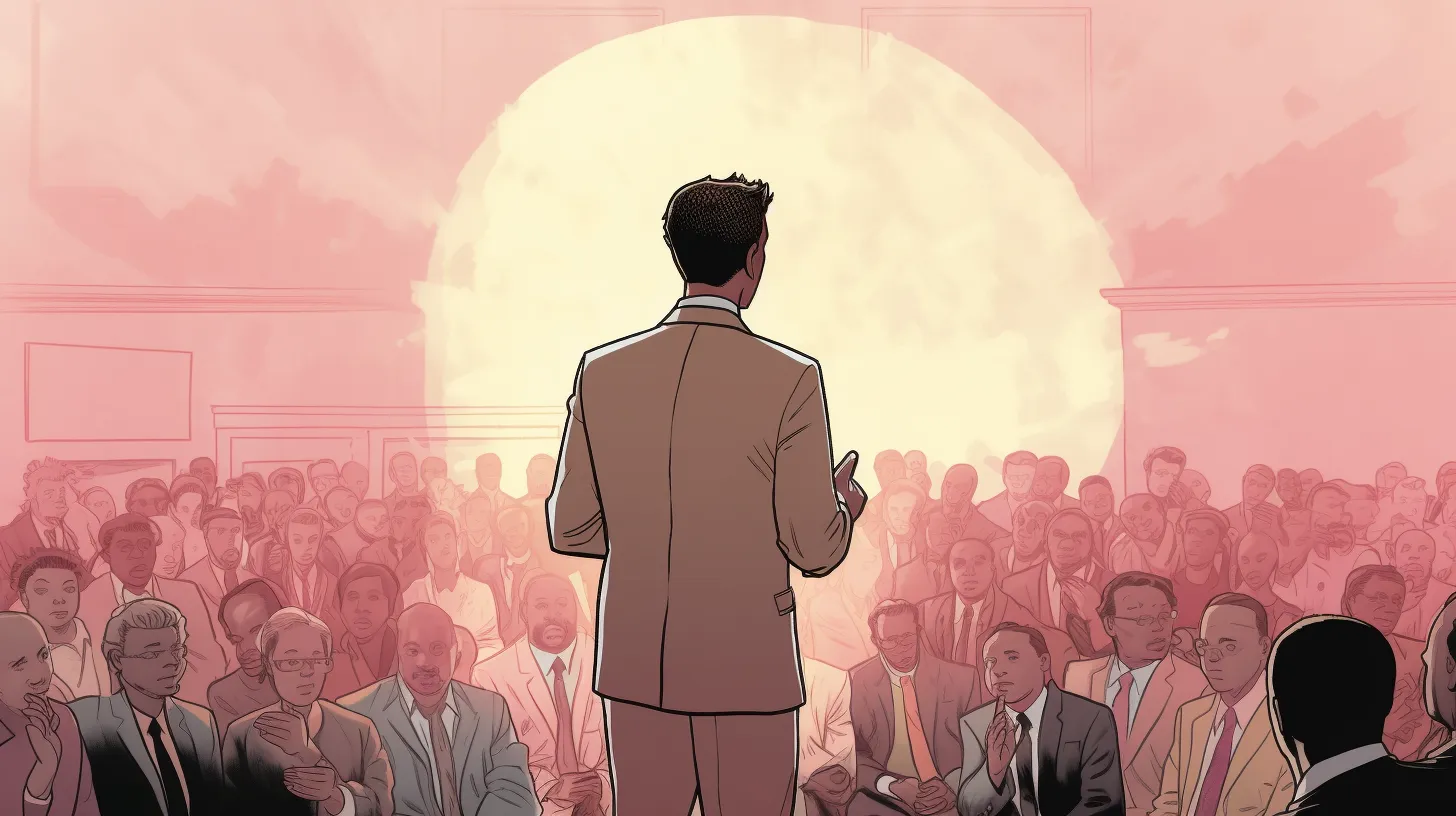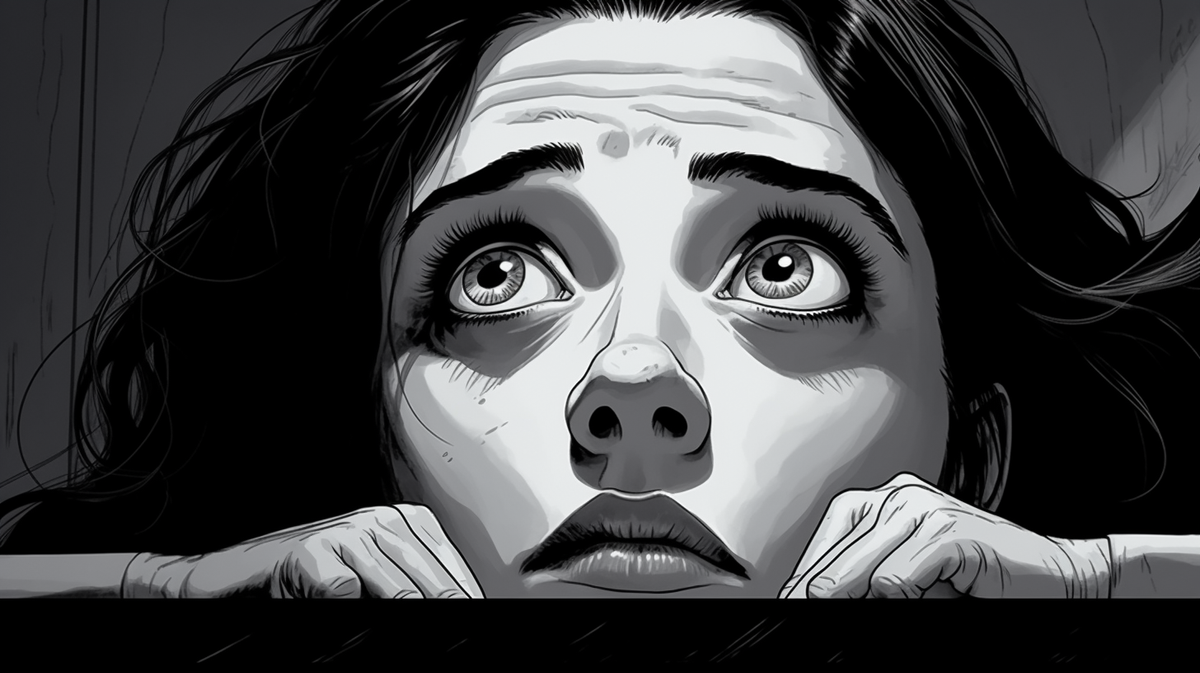Why your boss is a dick 🧑💼

We’re not very happy at work at the moment. Employers don’t trust employees, and job happiness is at an all-time low. Zoom out a little further and trust in institutions, and their leaders have stubbornly sat at historic lows.
In summary, there is a growing gulf between those with power and those who live beneath it. What gives? Well, where should I start? While the finger can be pointed in multiple directions: a sea of scandals, rising inequality, a general feeling that the world is going to sh*t, I want to add a different reason to why we dislike authority: power.
Yes, power. You see, humans who are granted power and influence over others treat their minions differently. They also start to treat themselves differently, which in turn affects how they treat their partners, their children (if they have any) and even their pets.
That’s why in this week’s Brink I’m going to be asking (and of course answering) why power makes (most) people terrible, and how we might go about fixing it.
Power People 👨⚖️

In the UK at the moment, there is a good old-fashioned scandal dominating the headlines. It’s the Post Office Horizon scandal. In essence: between 1999 and 2015, some 900 subpostmasters (managers of branches of the Post Office) were prosecuted for theft, false accounting, and fraud for shortfalls at their branches when these shortfalls were in fact due to errors of the Post Office's Horizon accounting software.
For years those postmasters had their lives ruined, while, it turns out, people at the top knew of the errors and didn’t seem overly bothered by trying to fix it. They allowed the blame to be laid at the door of those at the bottom of the power ladder, to avoid taking the heat themselves. This is your classic, “power tends to corrupt; absolute power corrupts absolutely” kind of story.

This is nothing new. The quote above comes from Lord Acton, a 19th-century English historian who was, even then, concerned that power tended to mess with people’s heads. But why? Well it has something to do with what happens to our brains when we are elevated to a position of authority over others.
Power Corrupts 👺

When authority comes our way, we tend to care less about the concerns and emotions of others. We also tend to rely on stereotypes and generalizations when judging other people. We also spend much less time making eye contact, at least when a person without power is talking.
But ironically, it's those skills that help people rise to the top of the power tree. Being, nice, caring, and nuanced in our understanding are things that people tend to enjoy. But put power into the mix, and we seem to let them go. Why?
Psychologists refer to this as the paradox of power. To rise to the top of the pile, requires us to be attentive, polite, and nice. No one promotes a dickhead. But a dickhead seemingly emerges once power is acquired.
Instead of being polite, honest, and outgoing, they become impulsive, reckless, and rude. According to psychologists, one of the main problems with authority is that it makes us less sympathetic to the concerns and emotions of others. Think about it: you have control, so why care about others?

Consider a recent experiment led by Adam Galinsky, a psychologist at Northwestern University. Galinsky and colleagues began by asking subjects to either describe an experience in which they had lots of power or a time when they felt utterly powerless.
Then the psychologists asked the subjects to draw the letter E on their foreheads. Those primed with feelings of power were much more likely to draw the letter backward, at least when seen by another person.
Galinsky reckons this happens because power makes it harder for us to imagine the world from the perspective of someone else. We draw the letter backward because we don't care about the viewpoint of others. We don't give a shit what the maid thinks.

But here's the catch: We still think we do care, at least in the abstract. Back to Galinsky and colleagues again. In a separate study, they found that even asking people to imagine being powerful, meant they were more likely to cheat in a game.
In summary, the dynamics of power can profoundly influence how we think. When we climb the ladder of status, our inner arguments get warped and our natural sympathy for others is vanquished.
Instead of fretting about the effects of our actions, we just go ahead and act. We deserve what we want. And how dare they resist. Don't they know who we are? But a recent spate of research suggests there might be more to it than we think.
The powerful few 🤔

A recent study published by the University of Toronto found that not everyone turns into a colossal turd when given power.
Katherine A. DeCelles, a professor of management at the University of Toronto, and the author of the paper believed that it was people who had a strong moral identity that tended to be less corrupted by power.
“The psychological experience of power enhances moral awareness among those with a strong moral identity, yet decreases the moral awareness among those with a weak moral identity. In turn, individuals' moral awareness affects how they behave about their self-interest.”
In sum, the study found, that power doesn’t corrupt; it just makes more corruptible people more corrupt. So what to do?
Brian Klaas, a political scientist and associate professor at University College London believes that you can design better systems that help people with a stronger moral code have better access to powerful positions.

He argues that we have a cognitive bias towards elevating people who possess certain qualities that seem like they would be good for leadership: aggression, confidence, and assertiveness.
But these are based on what he calls the strong man bias: an evolutionary quirk where we gravitate towards stereotypically imposing characters (typically men) to lead a team, a company, or a country through a crisis. But they tend to do the opposite - just ask citizens of countries where these buffoons ran things.
Instead, Klaas says, you’re better off creating a checklist of what characteristics you don’t want in a leader and screening candidates and leaders against those, rather than falling into the trap of looking at a stereotypical figurehead. It could be as simple as testing people on morality to tease out a potential candidate's inner despot.
Happy hiring.
Things we learned this week 🤓
- 🥫 Fermented food, it turns out, does wonders for our emotions.
- 😴 Dreams, it turns out, are used to process emotions and feelings.
- 📚 When we experience trauma it improves memory recall, but only for things after the event, not before.
- 🫢Lying lowers your self esteem and increases critical feelings, says study.
If you would be so kind 🙏
I am terrible at marketing. Literally terrible. But I’m trying to get better, and I need your help!
If you enjoy my witterings, please do share with someone or subscribe, it really helps.
I love you all. 💋






